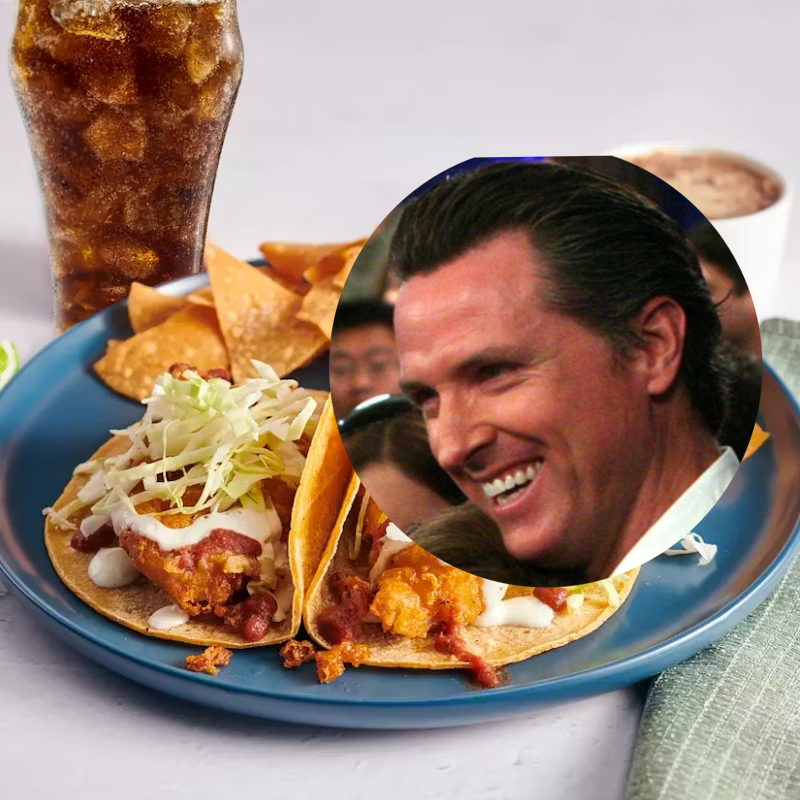Surmounting debt amid a high-interest rate environment is creating opportunities for the rich to get richer by buying up distressed restaurants. While California’s recent minimum wage hike has played a role, it is not the main driver. Instead, inflation, lease rates and revolving credit lines with variable APRs are the primary factors. Rubio’s parent company has accepted a $40 million credit bid from The Original Fish Taco, LLC, an affiliate of TREW Capital Management Private Credit, according to a Wednesday court filing with the U.S. Bankruptcy Court for the District of Delaware.
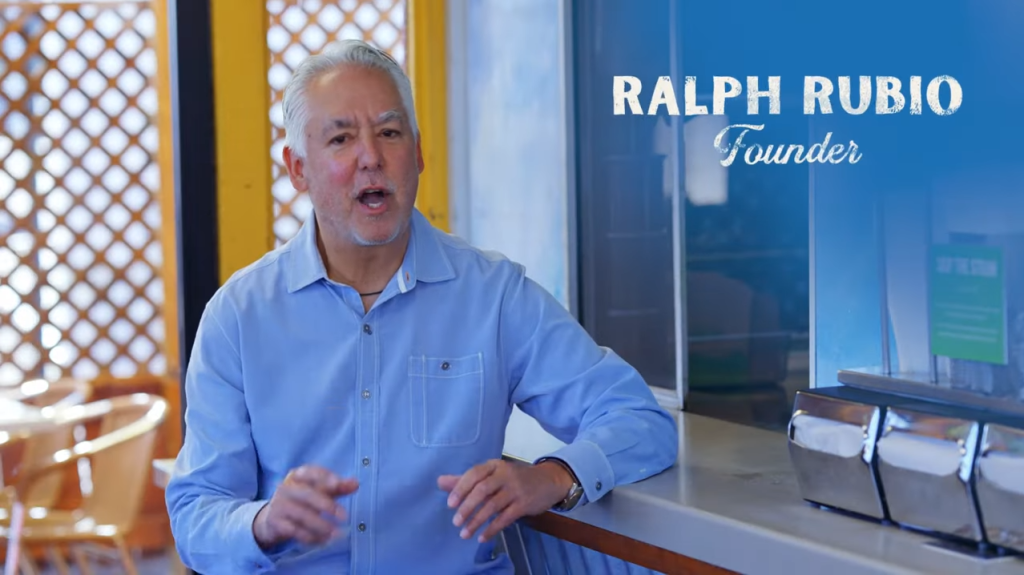
TREW previously acquired all senior secured first-lien debt obligations from Rubio’s former lender Golub in March. As of May 31, 2024, Rubio’s prepetition debt was over $72 million. Rubio’s declared bankruptcy in June of this year, its second such filing since 2020, after macroeconomic headwinds led to three years of negative EBITDA. The company reported $51 million in sales year-to-date as of March 31, 2024. Its sales for 2023 were $218 million, a slight increase from $217 million in 2022.
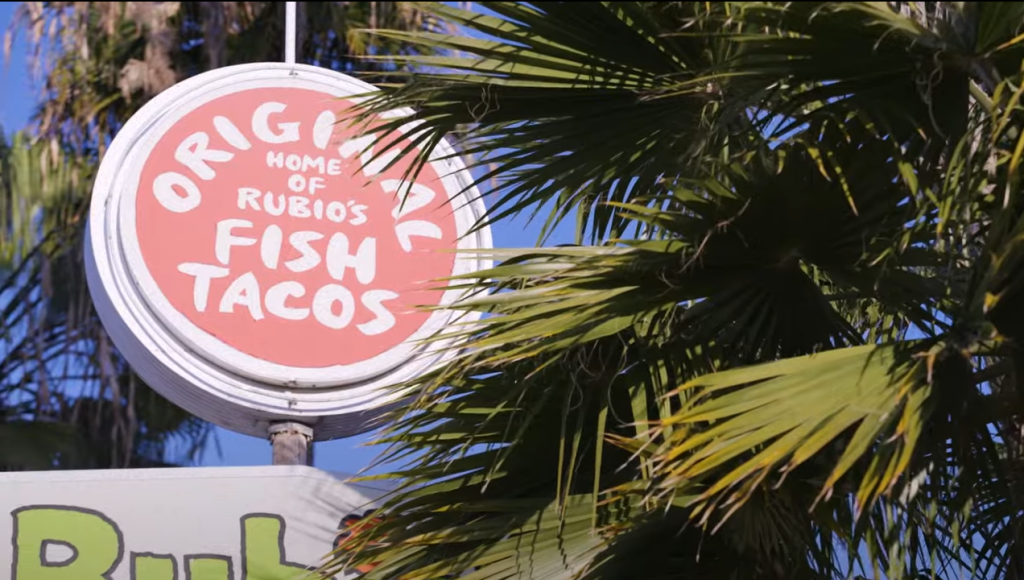
Its losses grew from nearly $16 million in 2022 to about $20 million in 2023, and $7.9 million YTD as of March 31. Rubio’s started working with Hilco Real Estate in November to negotiate concessions with landlords and closed 53 underperforming units in May. The company is now focused on its Southern California and Arizona markets after these closures.
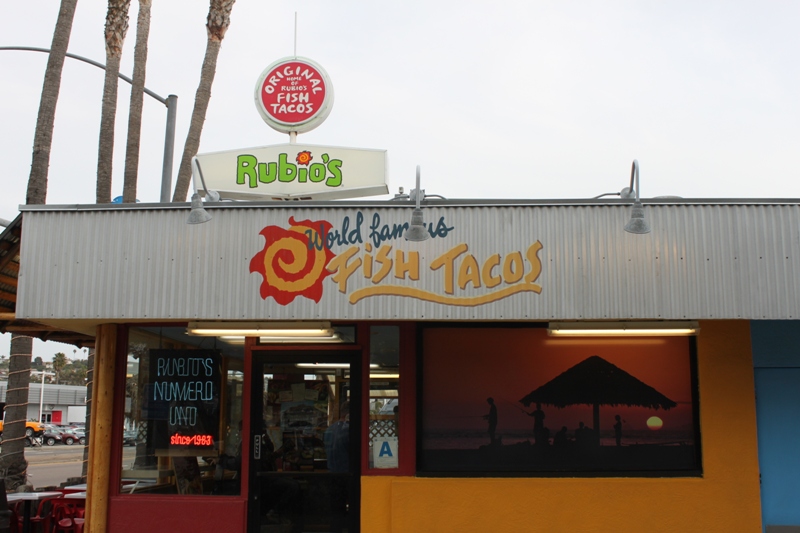
The bid appears to be for Rubio’s California and Arizona locations. MRRC said it canceled its proposed auction in a filing earlier this week after receiving a bid for California and Arizona and a separate bid for Nevada. MRRC said in the filing announcing the deal that it is still considering the bid for Nevada, which has nine restaurants out of Rubio’s 86 units.
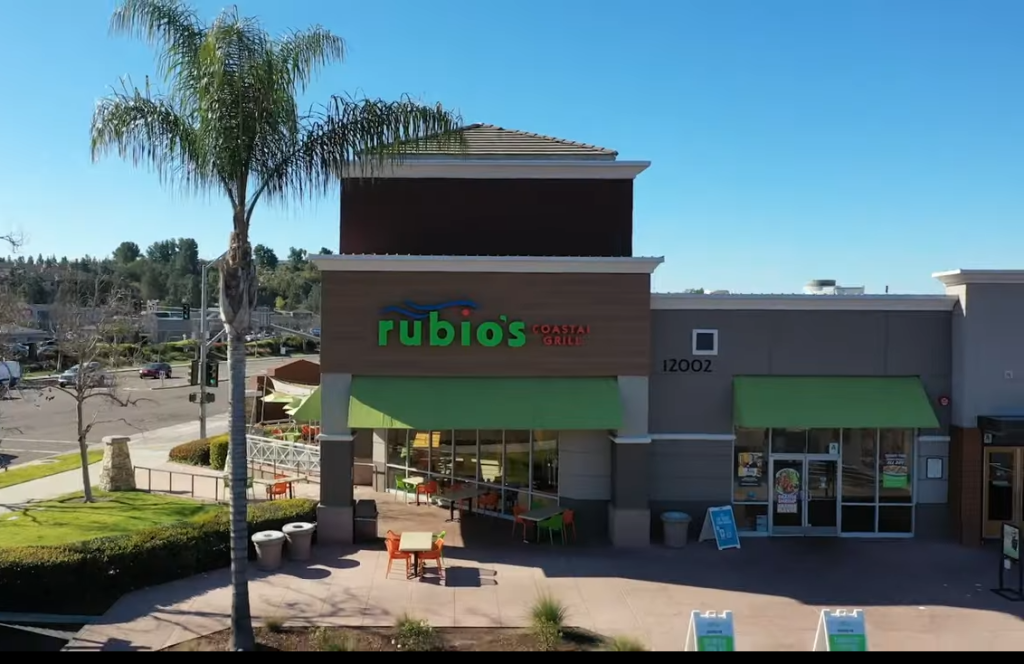
Rubio’s Coastal Grill announced the closure of 48 of its locations across the state earlier this year. The decision came in the wake of the state’s new $20-an-hour minimum wage for fast food workers, which took effect on April 1. The Mexican chain cited the rising cost of doing business in California as a primary factor in its decision.
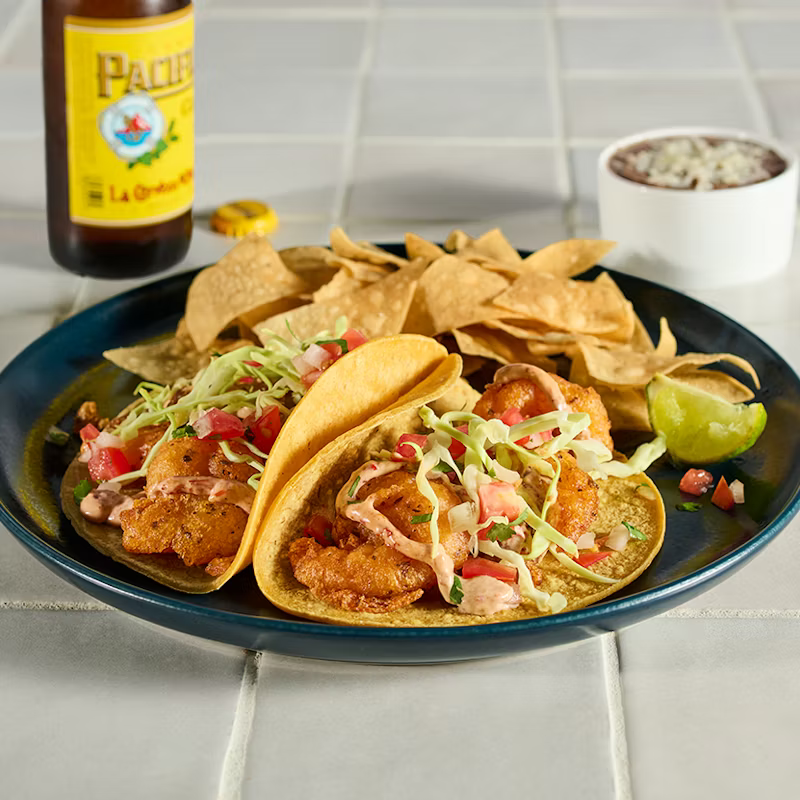
Rubio’s spokesperson described the closures as a painful but necessary step in the company’s strategic long-term plan. The San Diego-based chain, renowned for its fish tacos, was founded by Ralph Rubio, who introduced the dish to Americans after discovering it in Baja California in the late 1970s. The first Rubio’s stand opened in San Diego in 1983, earning Ralph Rubio the title of San Diego’s taco king.
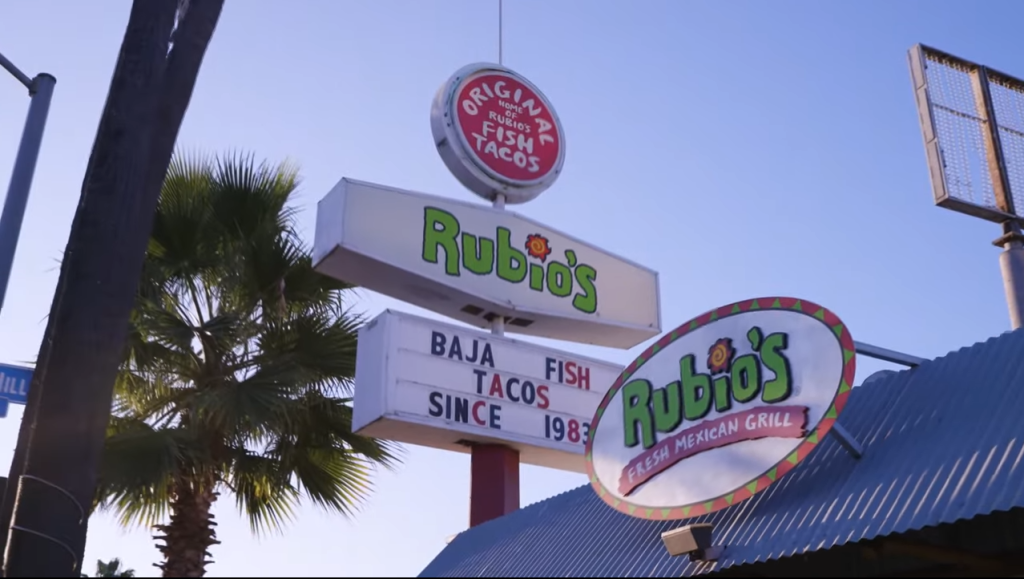
At its height, Rubio’s operated around 200 restaurants, primarily in California, with additional locations in four other states. However, the COVID-19 pandemic significantly impacted the chain, forcing it to close all its restaurants in Florida and Colorado. In the fall of 2020, Rubio’s filed for bankruptcy protection and restructured its operations.
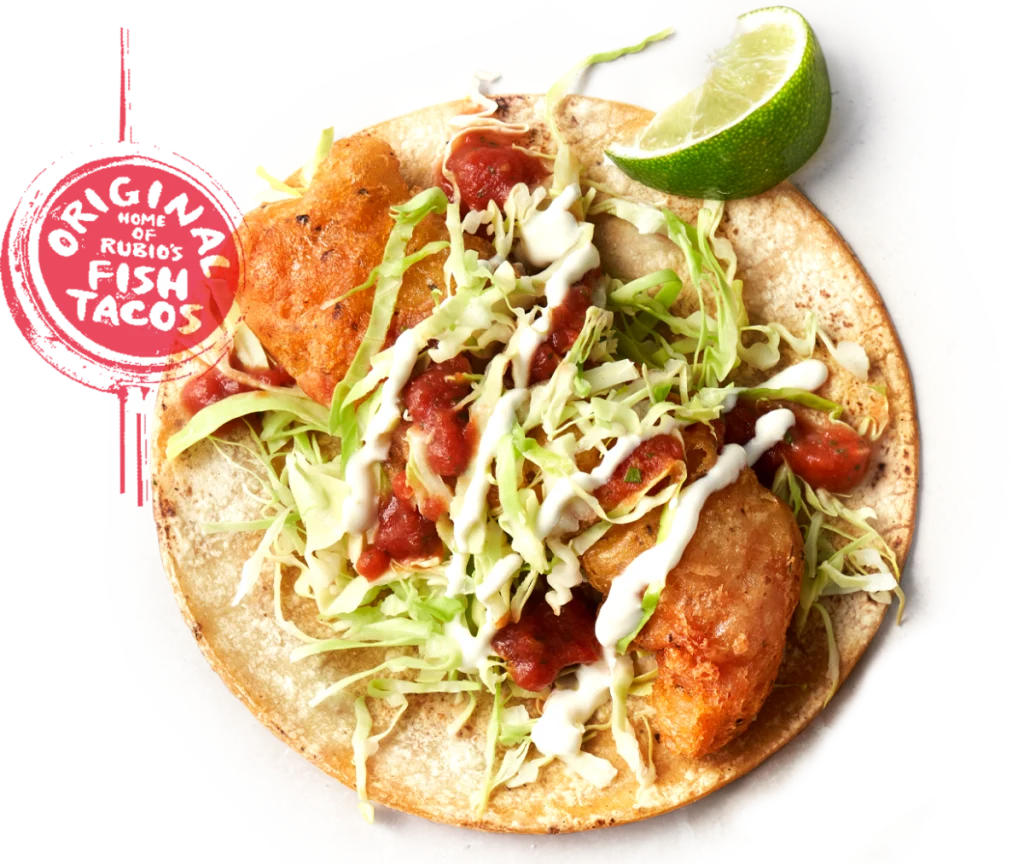
The recent closures represent just over a third of the 134 Rubio’s restaurants that remained across California, Nevada, and Arizona. The affected locations include 24 in the Los Angeles area, 13 around San Diego, and 11 in northern California, including Sacramento and the Bay Area.
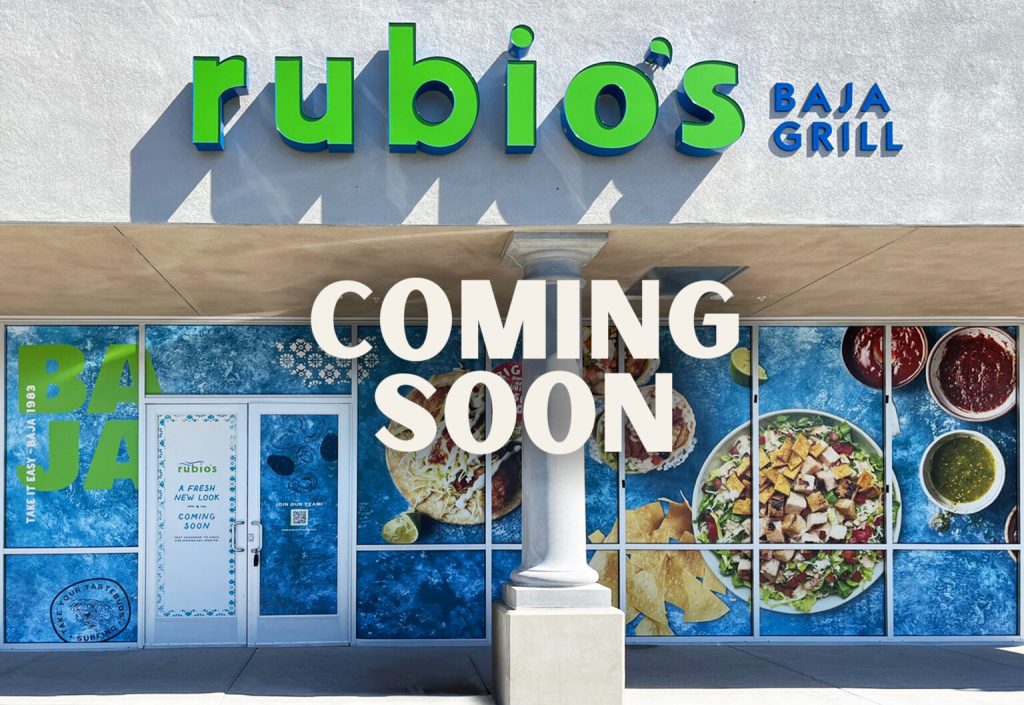
Experts have pointed to the impact of the $20-an-hour minimum wage on fast food restaurants in California. University of San Diego Economics Professor Alan Gin highlighted the substantial increase from the previous $16 per hour rate as a significant challenge for Rubio’s. However, Gin also noted that the chain had been struggling with financial difficulties for some time.
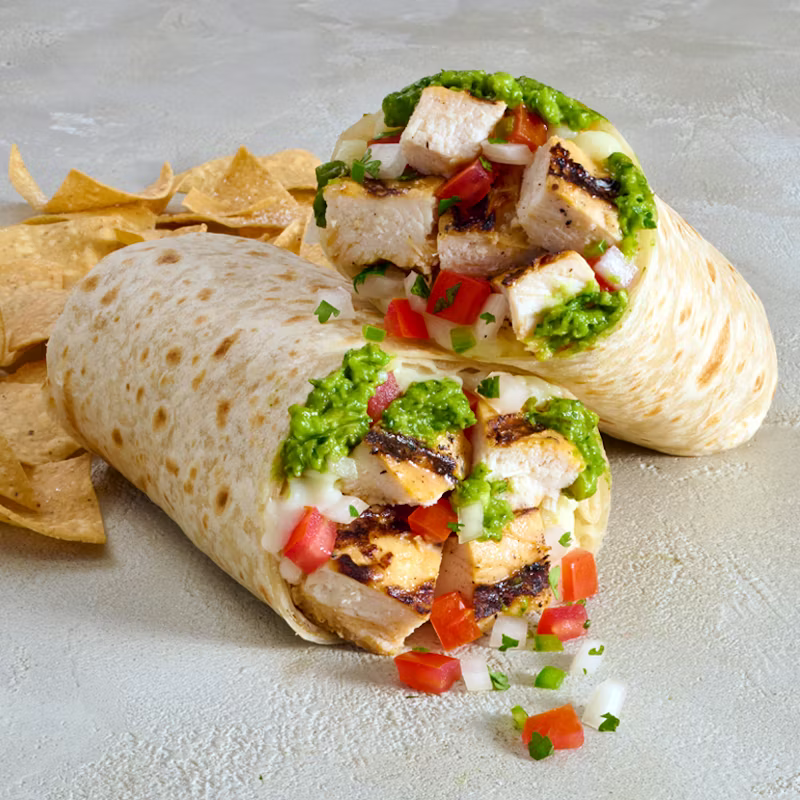
Following the announcement, Rubio’s employees took to social media to express their frustration and disappointment. Many workers reported finding out about the closures only when they arrived for their shifts, with no prior warning or severance offered. One former employee shared their experience on Reddit, noting the lack of communication and support from the company.
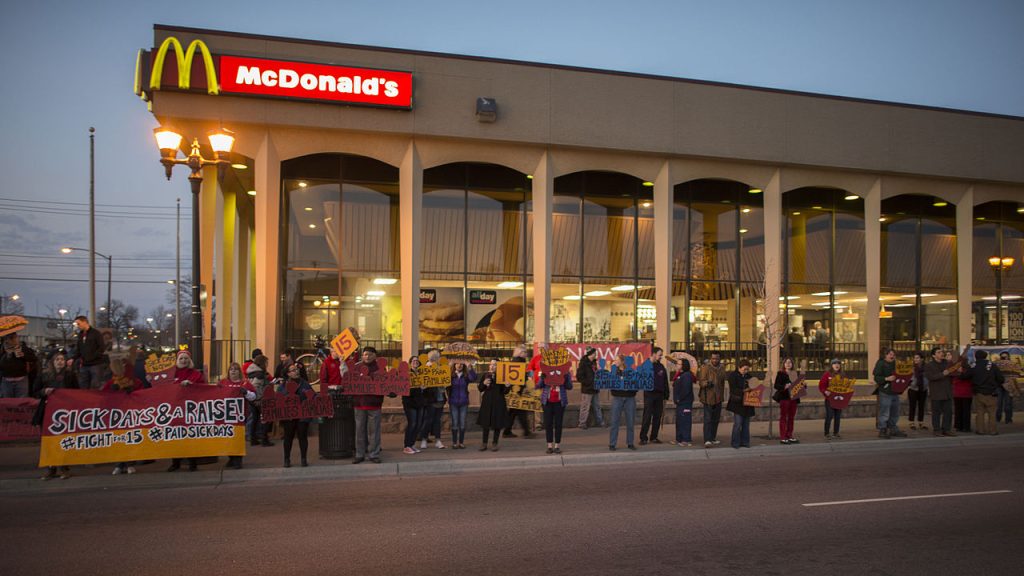
The increase in labor costs due to the higher minimum wage could be the tipping point for fast food chains like Rubio’s. While larger chains can absorb such costs through economies of scale, smaller chains with fewer outlets face greater financial strain.

